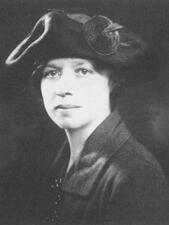Civil War in the United States
During the Civil War, Jewish women performed a range of classic responsibilities brought on by wartime exigencies. Their efforts tended to generate little in the way of documentation, and thus historians studying the involvement of Jewish women in the Civil War and the impact of the war on Jewish women have a sparse body of primary sources upon which to draw.

Hélène Cixous
Jewish-Algerian-French writer Hélène Cixous published her first book in 1967 and approximately her eighty-seventh in February 2021. This “life writing” comprises poetic fiction and autobiography, literary and feminist theory, art criticism, and theatrical works. Cixous explores the myriad contradictions and consequences of loss and exile, of “being Jewish” and “being a woman.”
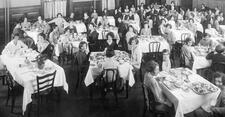
Clara De Hirsch Home for Working Girls
The Clara de Hirsch Home for Working Girls was established in May 1897 to provide housing, occupational training, and community to mostly poor and immigrant young women in New York City.
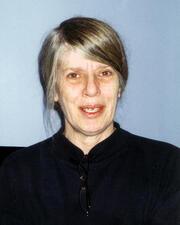
Ruth Clarke
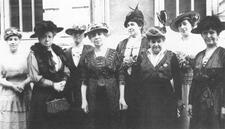
Club Movement in the United States
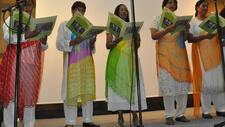
Cochin: Jewish Women's Music
For many centuries, Cochin Jewish women have sung Jewish songs, both in Hebrew and in the Malayalam language of Kerala, their ancient homeland on the tropical southwest coast of India. Kerala Jews are unusual among halakhically observant communities in the complex intertwining of female and male knowledge and performance throughout their musical repertoire.
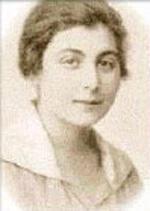
Regine Freund Cohane
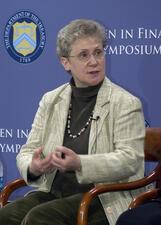
Abby Joseph Cohen
A leading voice in the United States investment banking and finance industry, Abby Joseph Cohen worked in the Goldman Sachs investment research division for over three decades. She rose to prominence in the 1990s with her accurate predictions of a prolonged economic expanding and durable bull market and has remained one of the top names in the investment industry.
Audrey Cohen
Audrey Cohen was the founder and president of Audrey Cohen College in New York City, which emphasized a purpose-oriented understanding of education. In 1964 she founded the earliest iteration of Audrey Cohen College, Women’s Talent Corps, which combined study with on-the-job training and greatly benefited low-income women.
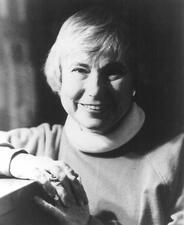
Barbara Cohen
When Barbara Cohen died, she left behind an exceptional body of children’s literature. Cohen was adventurous, seldom repeating herself, always trying new ideas, settings and themes. In her books, she confronted taboo subjects of assimilation, racism, and cancer with both sensitivity and remarkable honesty.
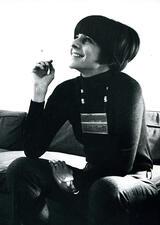
Elaine Lustig Cohen
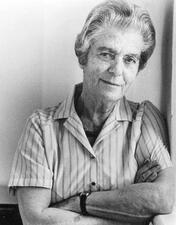
Elisheva Cohen
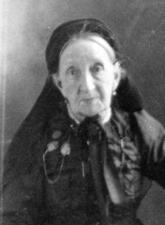
Elizabeth D. A. Cohen
Called a midwife and a “doctoress,” Elizabeth D.A. Cohen fought for the respect of her colleagues. She was the first woman doctor recognized by the state of Louisiana and battled to save patients from two epidemics of yellow fever.
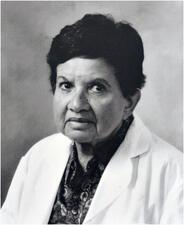
Flossie Cohen
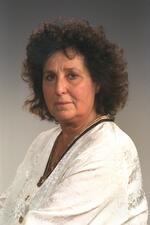
Geulah Cohen
A perennial firebrand of the Israeli Right, Geulah Cohen was a major fixture in Israeli politics from the pre-state era through to the twenty-first century. She was a Lehi-affiliated member of the Jewish Underground in British Mandatory Palestine, served in five Knessets from 1974 to 1992, and was one of the first prominent female Israeli politicians of Mizrahi origin.

Hannah Floretta Cohen
Hannah Floretta Cohen was the first woman president of Britain’s traditionally male Jewish Board of Guardians for Jewish Poor Relief. She also promoted many other Jewish and non-Jewish charitable organizations to promote women's education, to benefit the sick and the elderly, and to encourage investment in the Palestine Mandate, through her public speaking, financial expertise, and administrative skills.
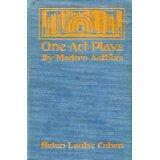
Helen Louise Cohen
Jessica Cohen
Jessie Cohen served as editor of the Jewish Review and Observer for most of her life, maintaining an important resource for Jews in the city of Cleveland. She ran the Jewish Review and Observer for decades, finally retiring due to ill health, and remained editor emeritus until her death in 1945.
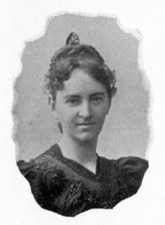
Katherine M. Cohen
Katherine M. Cohen was a sculptor and artist dedicated to advocating for equality for women in the arts. Comfortably situated in the community of Philadelphia’s Jewish elite, Cohen created many commissions for the community reflecting Jewish themes and illustrated a Jewish children’s book. Cohen made a speech at the Chicago World’s Fair advocating for the support of artists, and specifically female artists.
Naomi W. Cohen
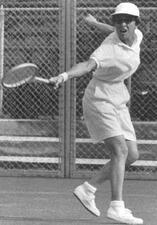
Natalie Cohen
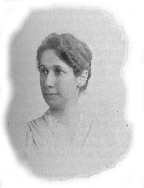
Nina Morais Cohen
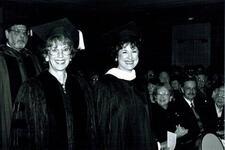
Pamela Cohen
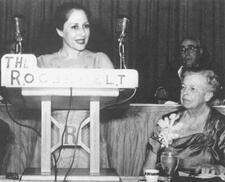
Rosalie Cohen
